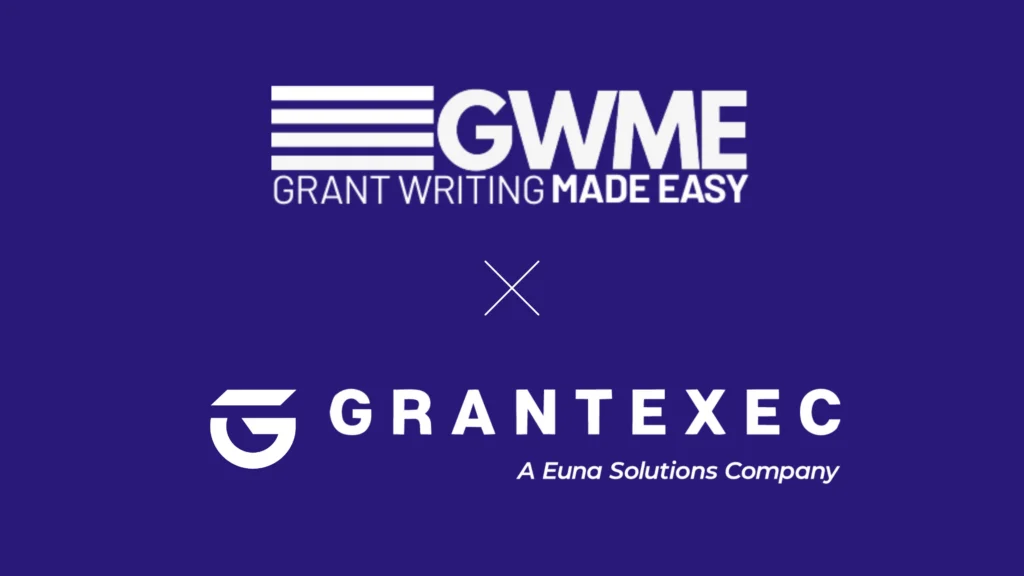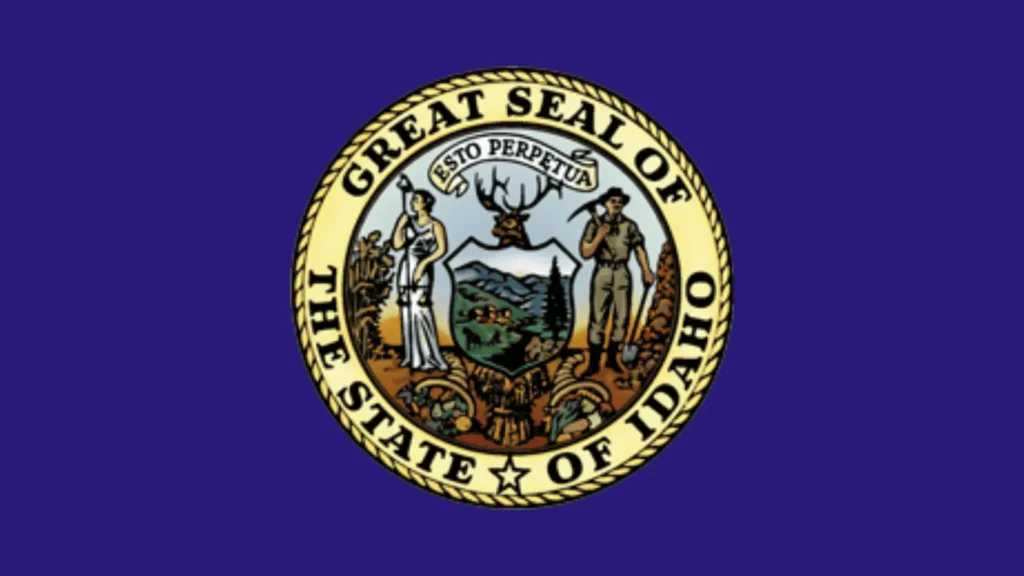New research finds nearly half of agencies have only one to two employees managing payments—and 83% still accept payments by mail, revealing how understaffing and limited digital adoption strain efficiency and modernization
ATLANTA & TORONTO – October 30, 2025 – Euna Solutions®, a leading provider of purpose-built cloud solutions for the public sector, today announced the release of its 2025 State of Public Payments and Reconciliation Report. The new research spotlights the pressures facing public finance teams as they manage billions of dollars in resident payments across areas such as property taxes, permits, court fines, and utilities—often with lean staff and disconnected systems that increase inefficiency, risk, and frustration.
Constituent payments now account for 46% of the average local government’s total revenue, according to the Tax Policy Center. Yet despite their importance, these payments are still largely managed through fragmented processes and outdated technology. According to Euna’s report, nearly two-thirds of agencies spend more than 10 hours each month reconciling across multiple systems, with some reporting workloads exceeding 80 hours.
“The report’s findings make one thing clear: modernizing payment and reconciliation systems is no longer a back-office upgrade. It’s a public trust imperative,” said Tom Amburgey, CEO of Euna Solutions. “As citizens demand more transparent, accessible, and equitable government services, finance leaders must bridge the gap between tradition and transformation. The agencies that act now to unify systems and embrace modernization will be the ones best positioned to deliver trust, efficiency, and resilience in the years ahead.”
Lean Teams, Heavy Workloads
Based on responses from 58 finance professionals representing cities, counties, and special districts, the report reveals just how lean most public finance teams have become:
- 47% of agencies have one to two employees managing payments.
- Another 45% have three to five.
These small teams are responsible for processing high transaction volumes while maintaining accuracy, compliance, and timely reconciliation. The burden is compounded by “vendor sprawl”—half of respondents use three or more vendors—which multiplies reconciliation steps and increases audit risk.
Top Frustrations and Disconnects
Survey participants identified their top three frustrations as:
- Manual reconciliation
- Managing multiple systems
- Lack of system integration
Despite these challenges, system and vendor consolidation ranked among the lowest 2026 priorities, revealing what the report calls a “survival mindset” in many agencies. Instead of tackling root-cause fragmentation, many finance teams remain focused on short-term workload relief. Externally, delinquent payments emerged as the most pressing challenge, cited by 60% of respondents. Yet increasing on-time payments did not rank among the top future priorities, signaling the need for a strategic shift toward holistic modernization.
Balancing Modernization and Citizen Choice
While digital transformation remains a priority, modernization cannot come at the expense of accessibility. 83% of agencies still accept payments by mail, and half continue to rely on in-person cashiering. Community resistance to engaging digitally remains high, reinforcing that modernization must include all payment channels, not just online options.
Opportunities in Centralization and AI
The report finds clear opportunities for agencies to relieve staff burden and improve cash flow by centralizing payment operations through inclusive, multi-channel platforms. Unified systems reduce reconciliation time, improve transparency, and strengthen public trust.
While AI adoption remains early, promising use cases are emerging. Respondents identified automation of reconciliation (38%) and fraud detection or anomaly monitoring (33%) as key areas of potential. As public-sector-ready AI tools mature, finance teams could gain faster insights, reduce errors, and better allocate limited resources.
Five Defining Trends for 2026 and Beyond
The report concludes with five trends shaping the future of public payments:
- Community resistance to digital-only systems underscores the need for inclusive options: Many residents still prefer to pay by mail or in person, highlighting the importance of maintaining equitable, multi-channel payment options that ensure no citizen is left behind.
- Manual operations remain unsustainable for small finance teams: Heavy reliance on spreadsheets and manual reconciliation continues to drain limited staff capacity, increase error risk, and divert focus from higher-value strategic or analytical work.
- Delinquent payments continue to strain cash flow and resources: Late or missed payments reduce available funds for essential services, requiring agencies to devote significant time and staff to collections, reporting, and compliance follow-ups.
- Lean staffing magnifies the impact of inefficiency: With most agencies operating with five or fewer staff managing payments, even minor process inefficiencies or turnover can disrupt operations, delay reconciliation, and increase compliance risk.
- Fragmented systems increase risk, cost, and complexity: Using multiple vendors and disconnected platforms complicates reconciliation, inflates support costs, and creates data silos that hinder accurate reporting and reduce overall financial transparency.
Read the 2025 State of Public Payments and Reconciliation Report today.
About Euna Solutions
Euna Solutions® is a leading provider of purpose-built, cloud-based software that helps public sector and government organizations streamline procurement, budgeting, payments, grants management, and special education administration. Designed to enhance efficiency, collaboration, and compliance, Euna Solutions supports more than 3,400 organizations across North America in building trust, enabling transparency, and driving community impact. Recognized on Government Technology’s GovTech 100 list, Euna Solutions is committed to advancing public sector progress through innovative SaaS solutions. To learn more, visit www.eunasolutions.com.
# # #
Media contact:
Michael Tebo
Gabriel Marketing Group (for Euna Solutions)
Phone: 571-835-8775
Email: [email protected]

